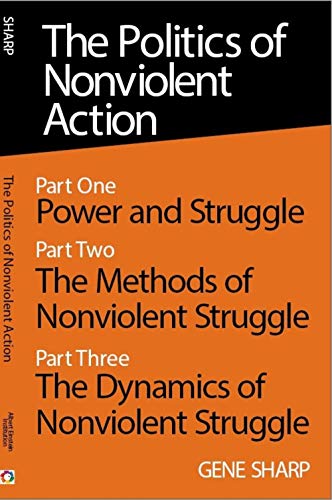"Sharp's key theme is that power is not monolithic; that is, it does not derive from some intrinsic quality of those who are in power. For Sharp, political power, the power of any state - regardless of its particular structural organization - ultimately derives from the subjects of the state. His fundamental belief is that any power structure relies upon the subjects' obedience to the orders of the ruler(s). If subjects do not obey, leaders have no power.
"In Sharp's view all effective power structures have systems by which they encourage or extract obedience from their subjects. States have particularly complex systems for keeping subjects obedient. These systems include specific institutions (police, courts, regulatory bodies) but may also involve cultural dimensions that inspire obedience by implying that power is monolithic (the god cult of the Egyptian pharaohs, the dignity of the office of the President, moral or ethical norms and taboos). Through these systems, subjects are presented with a system of sanctions (imprisonment, fines, ostracism) and rewards (titles, wealth, fame) which influence the extent of their obedience.
"Sharp identifies this hidden structure as providing a window of opportunity for a population to cause significant change in a state. Sharp cites the insight of E'tienne de La Boétie, that if the subjects of a particular state recognize that they are the source of the state's power they can refuse their obedience and their leader(s) will be left without power."
(from the Goodreads review)
